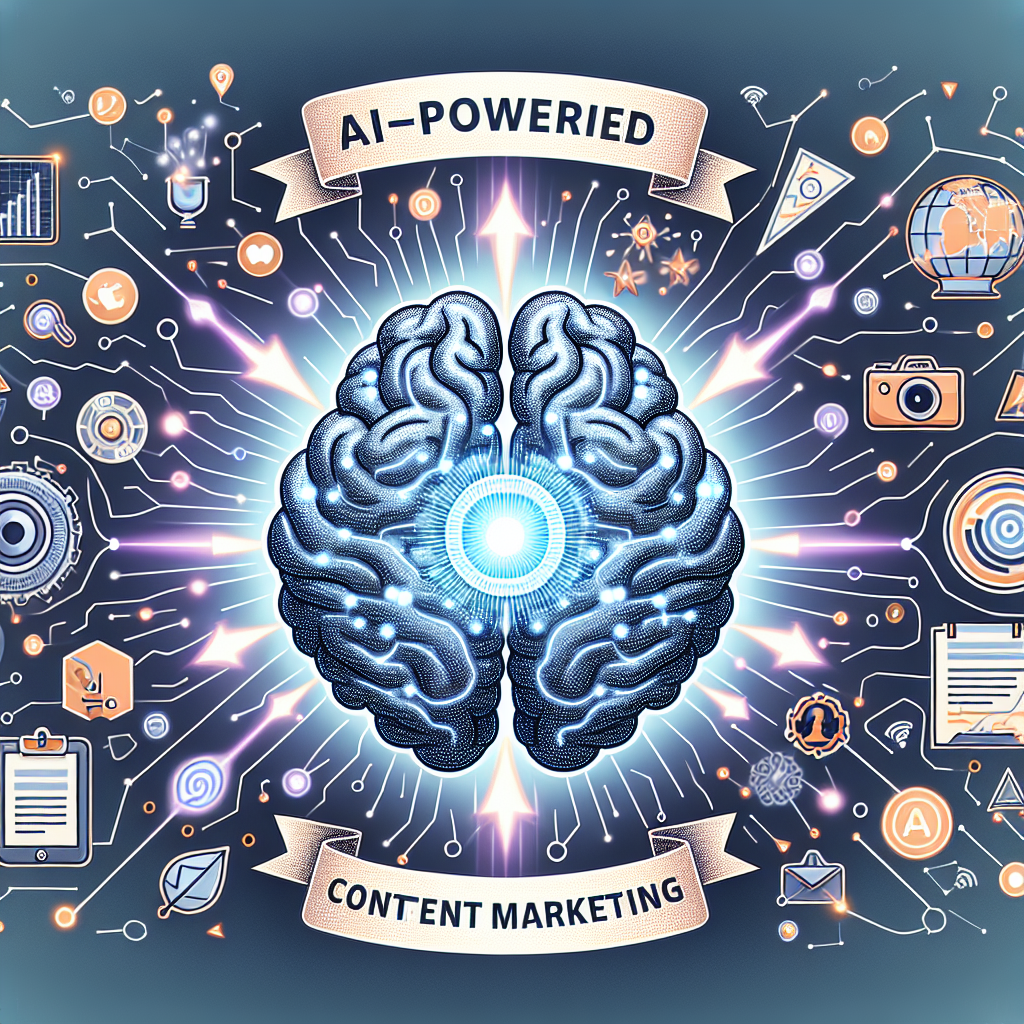Artificial Intelligence (AI) is revolutionizing the way businesses operate. It is no longer just a concept from science fiction; it has become a critical component of modern business strategy. AI technologies are transforming industries by automating processes, enhancing decision-making, and improving customer experiences.
Companies that embrace AI can gain a competitive edge, streamline operations, and drive innovation. The impact of AI on business is profound, affecting everything from supply chain management to customer service. As organizations increasingly adopt AI, they are discovering its potential to unlock new revenue streams and optimize existing ones.
The integration of AI into business processes enables data-driven insights, leading to more informed decisions. This shift not only enhances efficiency but also fosters a culture of continuous improvement. In this rapidly evolving landscape, understanding AI’s impact on business is essential for leaders who wish to stay ahead of the curve. Download iAvva AI https://iavva.my-ai.coach/#/.
Key Takeaways
- AI is revolutionizing the business landscape by enhancing productivity, efficiency, and decision-making processes.
- Trillion-dollar AI companies are emerging, leveraging AI to create innovative solutions and disrupt traditional industries.
- AI is shaping the future of industries by enabling automation, personalization, and predictive analytics.
- AI has the potential to disrupt traditional business models by creating new revenue streams and improving customer experiences.
- Ethical and regulatory challenges of AI must be addressed to ensure responsible and fair use of AI technologies.
The Emergence of Trillion-Dollar AI Companies
The rise of AI has given birth to several trillion-dollar companies that are reshaping the global economy. Tech giants like Google, Amazon, and Microsoft have invested heavily in AI research and development, positioning themselves as leaders in this space. These companies leverage AI to enhance their products and services, creating a feedback loop that drives further innovation.
For instance, Amazon’s recommendation engine utilizes AI algorithms to analyze customer behavior, leading to increased sales and customer satisfaction. Moreover, the emergence of AI-focused startups has also contributed to this trillion-dollar landscape. Companies like OpenAI and UiPath are pioneering advancements in natural language processing and robotic process automation, respectively.
These startups are attracting significant investment, highlighting the growing confidence in AI’s potential to transform industries. As these companies continue to innovate, they are setting new standards for what is possible in the realm of technology and business.
AI’s Role in Shaping the Future of Industries
AI is not just a tool; it is a catalyst for change across various industries. In healthcare, for example, AI algorithms are being used to analyze medical images and assist in diagnosis, leading to faster and more accurate patient care. In finance, AI-driven analytics help institutions detect fraud and assess risk more effectively.
The manufacturing sector is also benefiting from AI through predictive maintenance, which minimizes downtime and reduces operational costs. The retail industry is experiencing a transformation as well, with AI enabling personalized shopping experiences through targeted marketing and inventory management. By analyzing consumer data, retailers can tailor their offerings to meet individual preferences, enhancing customer loyalty.
As AI continues to evolve, its role in shaping the future of industries will only grow stronger, driving efficiency and innovation across the board.
The Potential of AI in Disrupting Traditional Business Models
| Metrics | Data |
|---|---|
| Market Size | Projected to reach 190 billion by 2025 |
| AI Adoption Rate | Expected to grow by 20% annually |
| Impact on Labor | Estimated to automate 25% of job tasks by 2030 |
| Industry Disruption | Anticipated to transform 70% of businesses by 2027 |
AI has the potential to disrupt traditional business models by introducing new ways of delivering value to customers. For instance, the rise of subscription-based services has been fueled by AI’s ability to analyze user behavior and preferences. Companies like Netflix and Spotify utilize AI algorithms to recommend content tailored to individual tastes, creating a more engaging user experience.
Additionally, AI can streamline operations by automating repetitive tasks, allowing employees to focus on higher-value activities. This shift not only enhances productivity but also encourages creativity and innovation within organizations. As businesses adapt to these changes, they must be willing to rethink their strategies and embrace new models that leverage AI’s capabilities.
The Ethical and Regulatory Challenges of AI
While the benefits of AI are significant, there are also ethical and regulatory challenges that must be addressed. Concerns about data privacy, algorithmic bias, and job displacement are at the forefront of discussions surrounding AI implementation. Organizations must navigate these challenges carefully to ensure that their use of AI aligns with ethical standards and societal expectations.
Regulatory frameworks are still evolving as governments strive to establish guidelines for the deployment of AI. Companies must stay informed about these regulations to avoid potential legal pitfalls. By prioritizing ethical considerations in their AI strategies, businesses can build trust with consumers and stakeholders while fostering a responsible approach to innovation.
The Importance of Investing in AI Research and Development

Furthermore, collaboration with academic institutions and research organizations can accelerate advancements in AI technology. By fostering partnerships, businesses can tap into cutting-edge research and gain access to top talent in the field. This collaborative approach can lead to breakthroughs that drive industry-wide change and position organizations as leaders in the AI landscape.
The Global Competition in AI Innovation
The race for AI supremacy is not limited to individual companies; it is a global competition among nations as well. Countries like the United States, China, and Canada are investing heavily in AI research and development to secure their positions as leaders in this transformative technology. Governments recognize the strategic importance of AI for economic growth and national security.
As nations vie for dominance in AI innovation, collaboration between the public and private sectors becomes essential. By fostering an environment conducive to research and development, countries can create ecosystems that support innovation and attract talent. This global competition will shape the future of AI and its impact on the economies of the world.
The Future Outlook for AI and its Influence on the Economy
The future outlook for AI is promising, with projections indicating significant growth in its adoption across various sectors. According to a report by McKinsey & Company, AI could contribute up to $13 trillion to the global economy by 2030. This growth will be driven by increased efficiency, enhanced decision-making capabilities, and the creation of new markets.
As businesses continue to integrate AI into their operations, the influence of this technology on the economy will become even more pronounced. Organizations that embrace AI will be better equipped to navigate challenges and seize opportunities in an ever-changing landscape. The key to success lies in understanding how to leverage AI effectively while addressing ethical considerations and regulatory challenges.
In conclusion, the impact of AI on business is profound and far-reaching. From transforming industries to disrupting traditional business models, its potential is immense. As organizations invest in research and development while navigating ethical challenges, they will shape the future of work and drive economic growth in the years to come.
Embracing this technology is not just an option; it is a necessity for those who wish to thrive in the digital age.










Leave a Reply